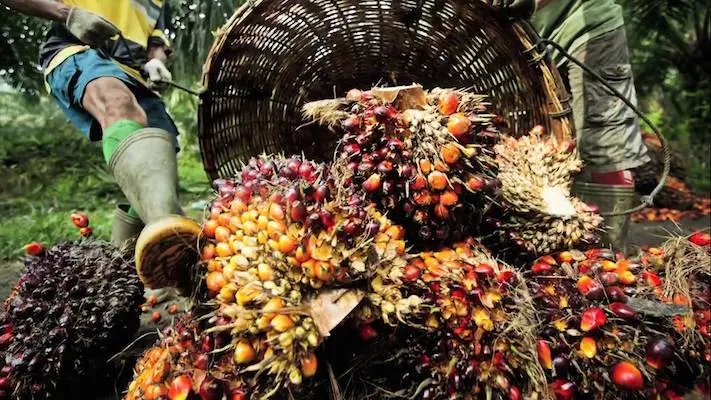Nigeria’s oil palm industry, once a cornerstone of its economic prosperity, has faced its share of challenges over the years. However, as the world recognises the importance of sustainable agriculture and natural resource management, Nigeria’s oil palm sector holds the potential for revitalization and substantial contributions to both the national economy and global sustainability efforts.
Nigeria’s oil palm industry has a rich history dating back centuries. It played a vital role in the nation’s economy, providing livelihoods for millions and contributing significantly to foreign exchange earnings. The oil palm tree’s versatile uses, from palm oil for cooking to palm kernel oil for industrial applications, positioned Nigeria as a global player in agricultural production.
However, the industry faced decline due to factors such as low productivity, insufficient infrastructure, and global competition. The potential for growth and resurgence remains, but it necessitates a comprehensive approach that combines innovation, sustainability, and strategic partnerships.
Amid increasing concerns about environmental sustainability, the oil palm industry can serve as a model for responsible agriculture. The industry’s expansion should be guided by principles that prioritise biodiversity conservation, responsible land use, and reduced deforestation. Initiatives such as sustainable palm oil certification can help ensure that the industry adheres to environmentally friendly practices.
Nigeria’s unique biodiversity also offers opportunities to cultivate diverse oil palm varieties, each with its own advantages. By preserving and nurturing native species, the industry can contribute to conservation efforts and avoid the negative ecological impacts associated with monoculture.
The oil palm industry has the potential to positively impact local communities by generating employment and fostering economic growth. Smallholder farmers play a crucial role in the sector, and supporting their efforts through training, access to resources, and fair pricing can create a more inclusive industry landscape. Empowering local communities can contribute to poverty reduction, rural development, and equitable wealth distribution.
Modernising the oil palm industry requires embracing technological advancements and innovation. Improved farming techniques, mechanisation, and precision agriculture can boost productivity while minimising environmental impacts. Research and development efforts aimed at enhancing oil palm yields, disease resistance, and processing methods can ensure the industry’s long-term viability.
The global demand for sustainable palm oil offers Nigeria a chance to regain its position as a significant player in the international market. Consumers worldwide are increasingly conscious of the environmental and social impact of their choices, creating a demand for responsibly sourced products. Nigeria’s commitment to sustainable practices can position its oil palm products as desirable options in a competitive global market.
Nurturing the oil palm industry’s growth requires collaboration between government, industry stakeholders, and local communities. Policymakers play a crucial role in creating an enabling environment through supportive regulations, incentives for sustainable practices, and infrastructure development. Partnerships with research institutions, NGOs, and international organisations can facilitate knowledge sharing and capacity building.
Nigeria’s oil palm industry carries the potential to not only contribute to economic growth but also set an example for sustainable agricultural practices on a global scale. By embracing responsible cultivation methods, empowering local communities, harnessing innovation, and aligning with international sustainability standards, the industry can regain its prominence while contributing positively to the environment and society. As Nigeria charts its course toward a greener and more prosperous future, the revival of the oil palm industry stands as a pivotal step in this transformative journey.





